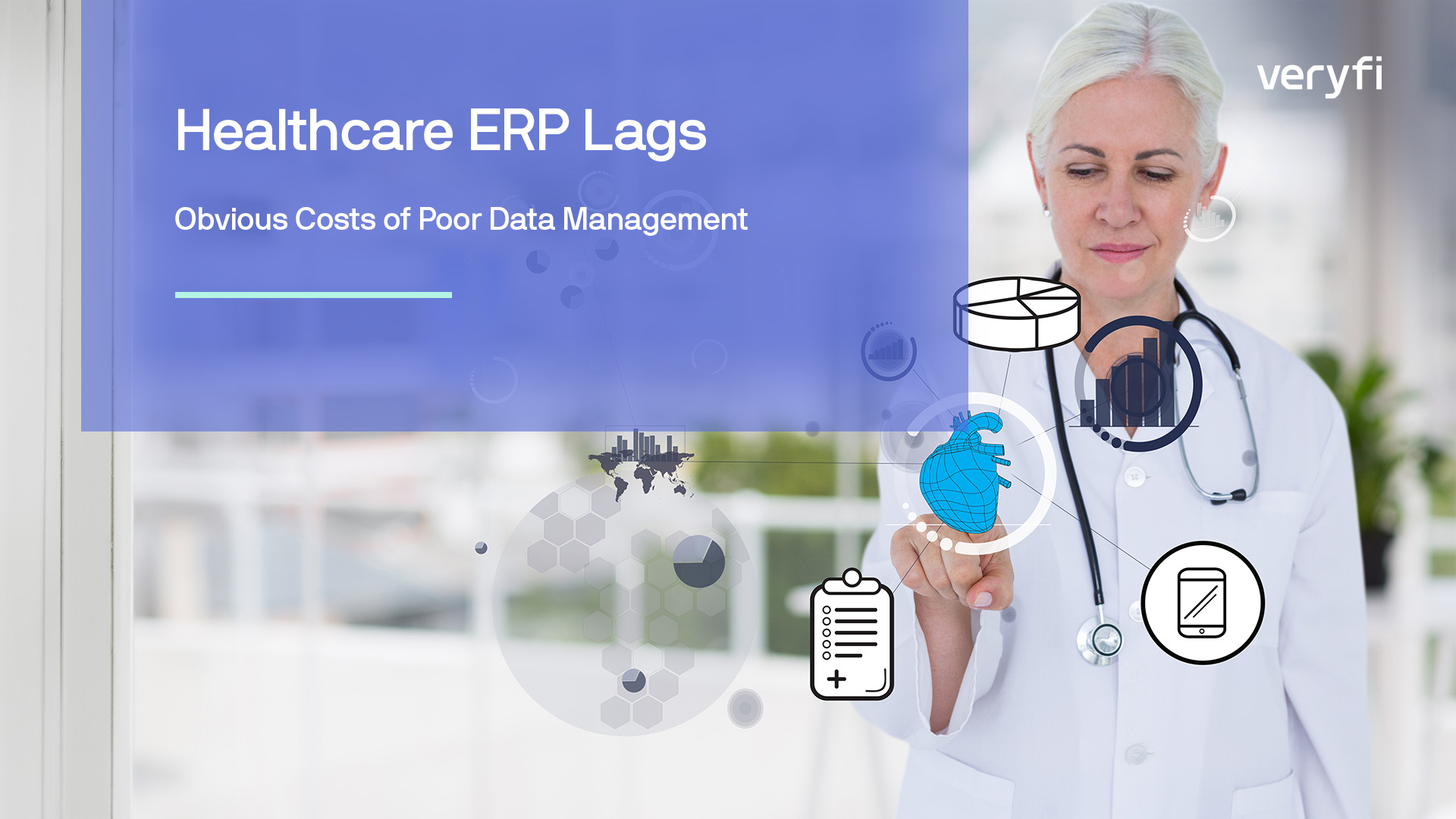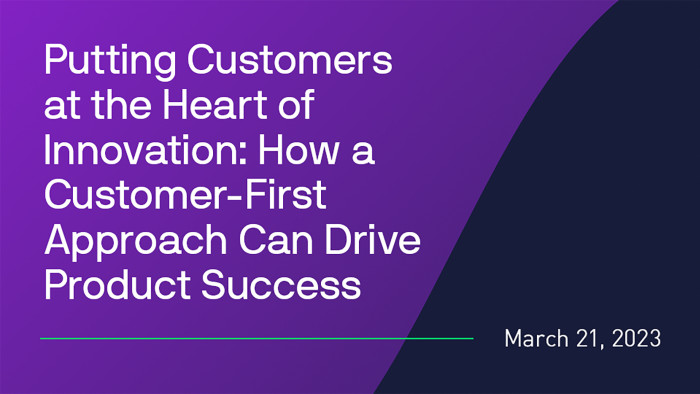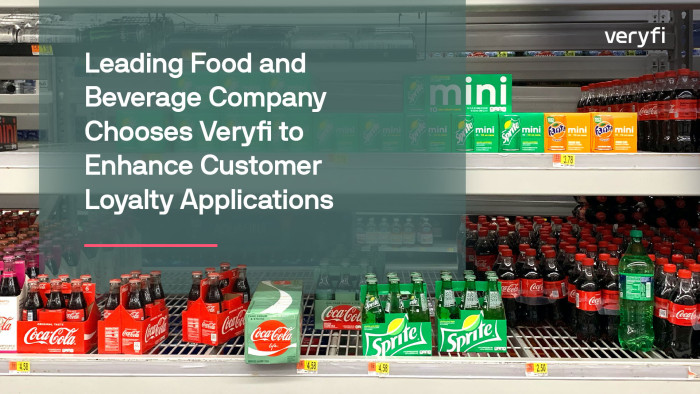This blog is about 500 words long, or a 2.5–minute read.Head of Customer Management at Veryfi
In the fast-paced world of healthcare, efficiency isn’t just a goal—it’s a necessity. Yet, many healthcare organizations struggle with ERP systems that lag behind in performance, leading to significant hidden costs. These inefficiencies often stem from outdated data management practices, which can hinder patient care, disrupt operations, and inflate costs.
Common ERP Inefficiencies
One of the primary challenges is the delayed access to critical information. Healthcare professionals rely on timely data to make informed decisions about patient care. However, when ERP systems are slow or inefficient, accessing this information becomes a bottleneck. This delay can have serious consequences, from missed diagnoses to delayed treatments, ultimately compromising patient outcomes.
Another significant issue is data entry errors. Many healthcare organizations still rely on manual data entry processes, which are not only time-consuming but also prone to errors. Inaccurate data can lead to incorrect billing, misdiagnoses, and a cascade of administrative problems that further complicate patient care and strain resources.
Additionally, integration issues pose a major challenge. Healthcare institutions often operate on legacy systems that struggle to integrate with newer technologies. This creates data silos, where vital information is trapped in isolated systems, inaccessible when needed. The lack of seamless integration hampers the flow of information, making it difficult to coordinate care, manage resources, and maintain operational efficiency.
A Step in Digital Transformation
To address these challenges, healthcare organizations need to adopt advanced document processing and data extraction tools. Automating data capture can significantly reduce errors associated with manual entry, ensuring that patient records, billing information, and operational data are accurate and up-to-date.
Moreover, these tools can enhance the speed and accuracy of information retrieval. This allows healthcare professionals to access the data they need, when they need it. By ensuring seamless integration across systems, advanced document processing solutions eliminate data silos, promoting better communication and coordination within the organization.
Advanced Document Processing using Veryfi
In an industry where every second counts, lagging ERP systems can no longer be overlooked. By investing in efficient data management solutions, healthcare organizations can overcome these lags. This will lead to improved patient care, streamlined operations, and reduced costs. The future of healthcare lies in embracing technology that not only keeps pace with the demands of the industry but also drives it forward.
Veryfi’s OCR API and advanced document processing solutions are designed to automate data capture, significantly reducing errors associated with manual entry. Whether it’s patient records, billing information, or operational data, Veryfi ensures that all critical information is accurate, up-to-date, and easily accessible. Using Veryfi, healthcare organizations can also enhance the speed and accuracy of information retrieval. By leveraging advanced machine learning models, Veryfi’s technology extracts and processes data from a wide range of documents, ensuring that healthcare professionals have immediate access to the information they need.
Veryfi solutions are built to integrate seamlessly with existing ERP systems, eliminating the issue of data silos. This seamless integration promotes better communication and coordination across the organization, enabling healthcare providers to deliver more efficient and effective care. Sign up to try us out.










